“I am deeply shocked by the tragedy that took place last night in Hanau. My thoughts are with the families and friends of the victims, to whom I want to extend my sincerest condolences. We mourn with you today,” European Commission President Ursula von der Leyen, a former German government minister, tweeted.
I am deeply shocked by the tragedy that took place last night in Hanau. My thoughts are with the families and friends of the victims, to whom I want to extend my sincerest condolences. We mourn with you today.
— Ursula von der Leyen (@vonderleyen) February 20, 2020
Counter-terrorism prosecutors are leading the probe into the killings in the western city of Hanau and have said they suspect a “xenophobic motive” behind the attacks, which happened late Wednesday.
READ ALSO: 'Xenophobic motive' behind deadly shootings at Shisha bar near Frankfurt
EU Council head Charles Michel and European Parliament speaker David Sassoli echoed the sentiments in their own tweets.
“The senseless loss of human life is a tragedy — no matter where it occurs. After the terrible attack our thoughts are with the people in #Hanau. Our heartfelt condolences go to the relatives and friends of the victims,” Michel wrote.
Sassoli tweeted: “Shocked and deeply saddened by the horror of the shooting in the German city of #Hanau. Our thoughts go to the victims and their loved ones. We stand united against any form of hatred and violence.”
Shocked and deeply saddened by the horror of the shooting in the German city of #Hanau. Our thoughts go to the victims and their loved ones. We stand united against any form of hatred and violence.
— David Sassoli (@EP_President) February 20, 2020
The suspected shooter was found dead at his home following a manhunt, prosecutors said, while public broadcaster ARD reported that a second body found at the property was the man's mother.
The attack came on the eve of a major Brussels summit at which EU leaders including German Chancellor Angela Merkel will tussle over the bloc's long-term budget for the coming seven years.

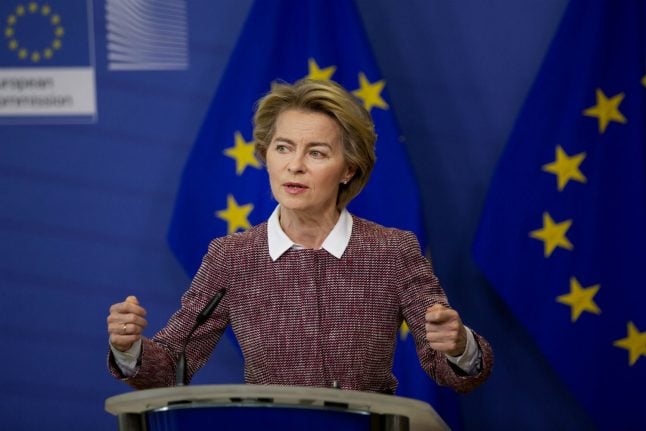
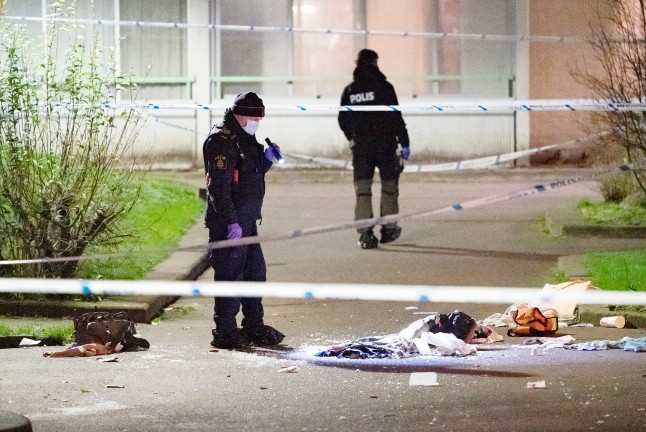
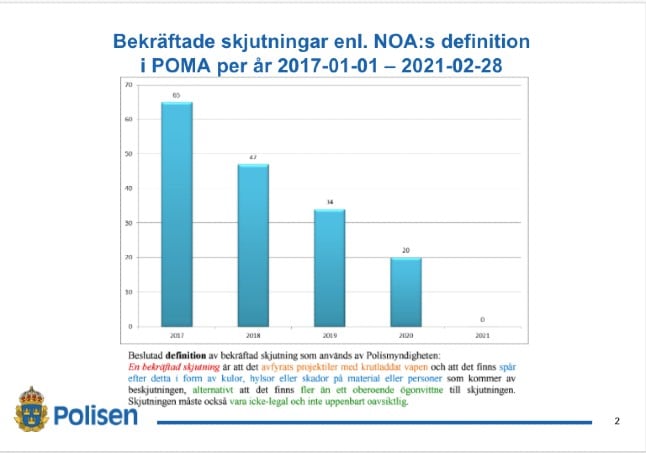
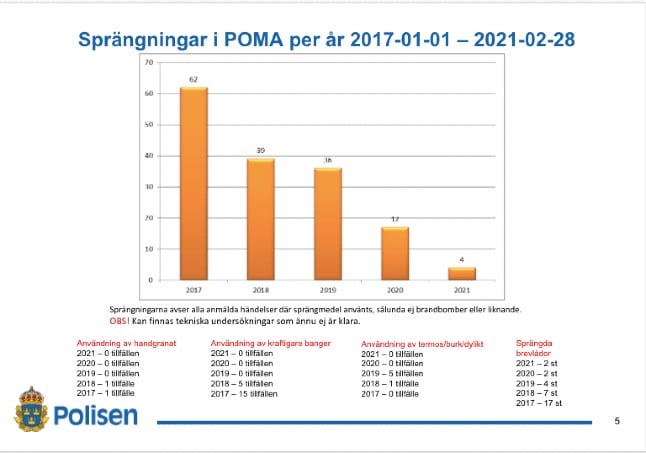
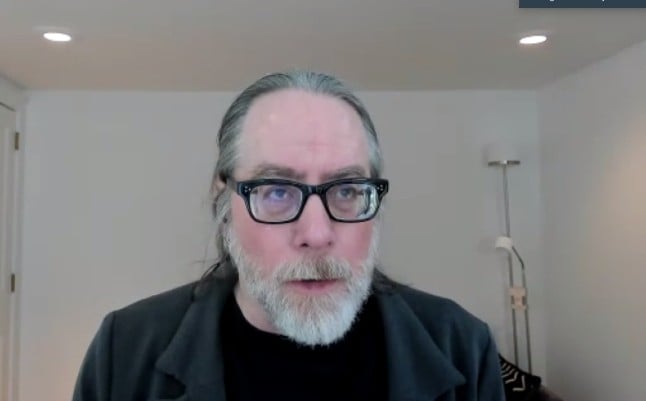
 Please whitelist us to continue reading.
Please whitelist us to continue reading.
Member comments